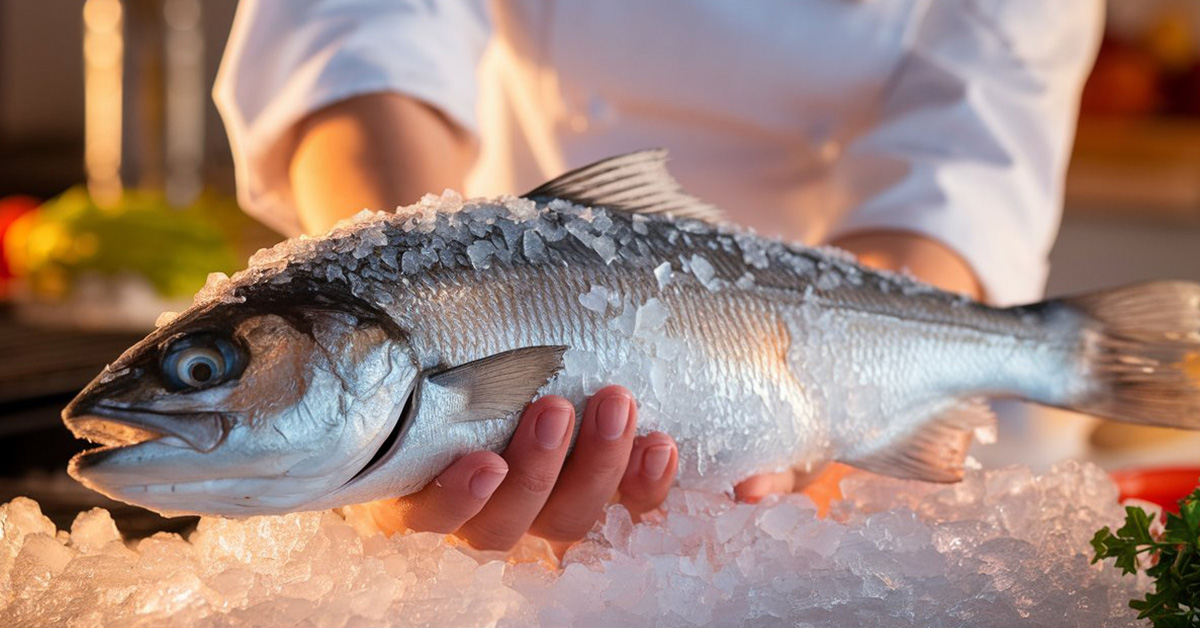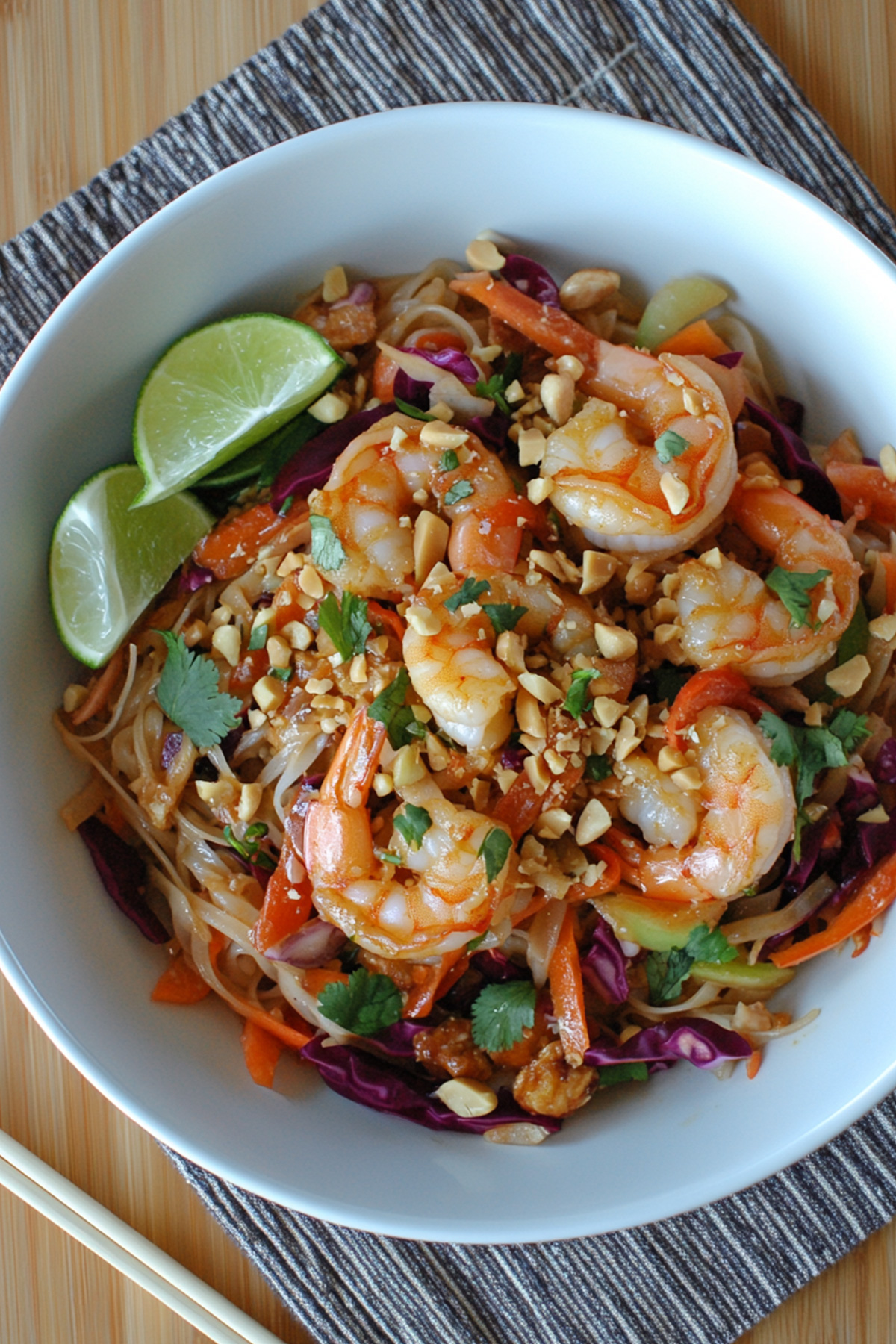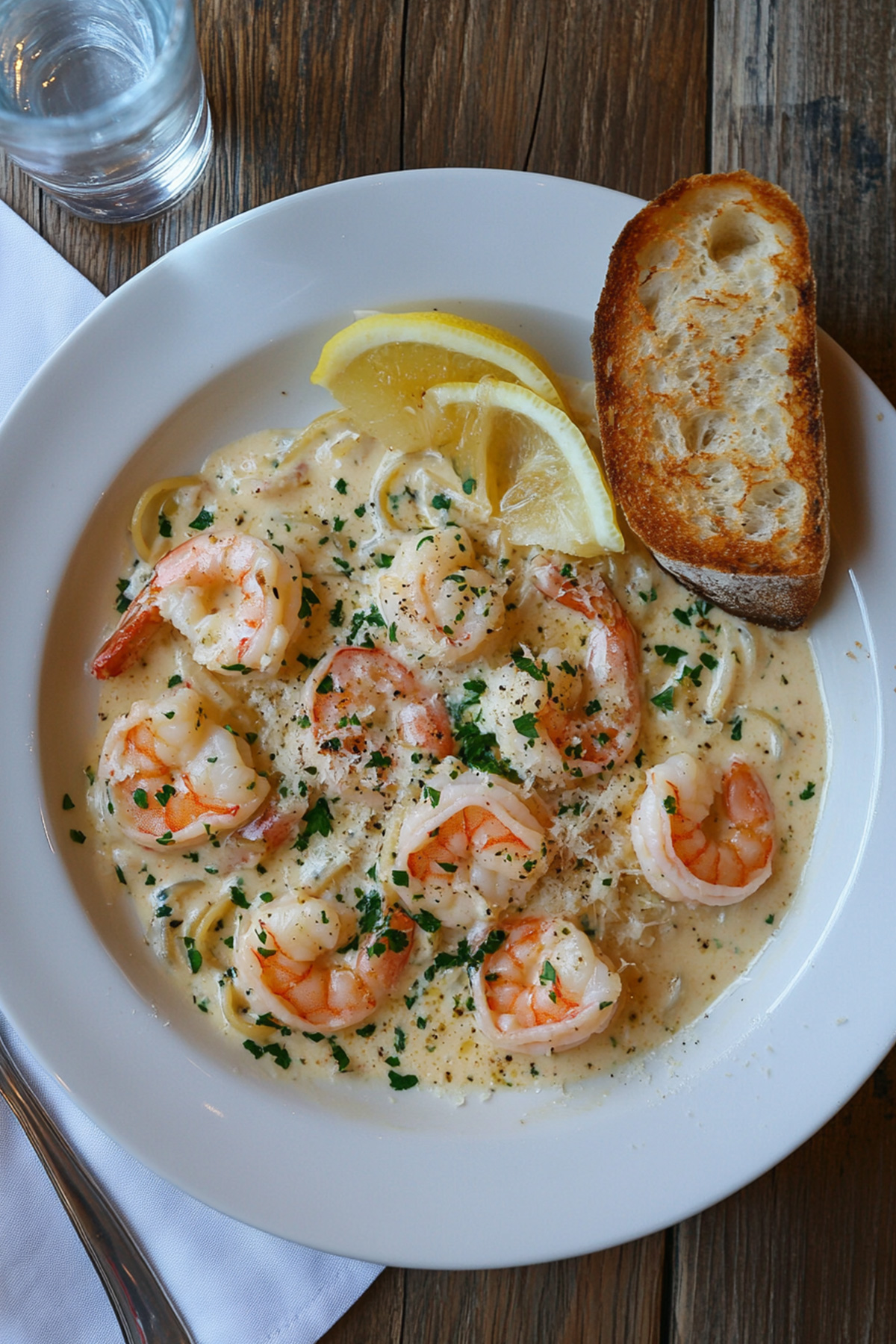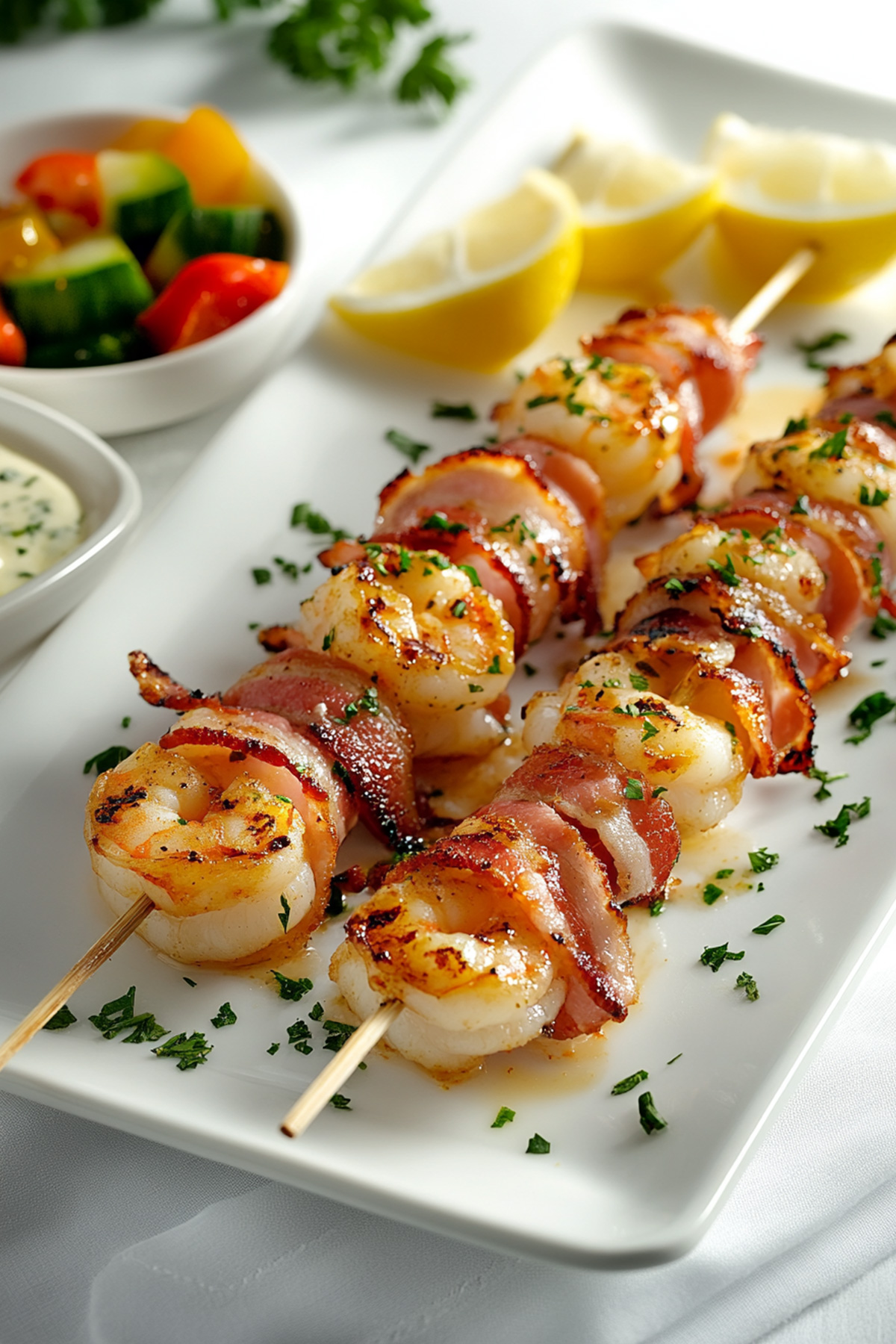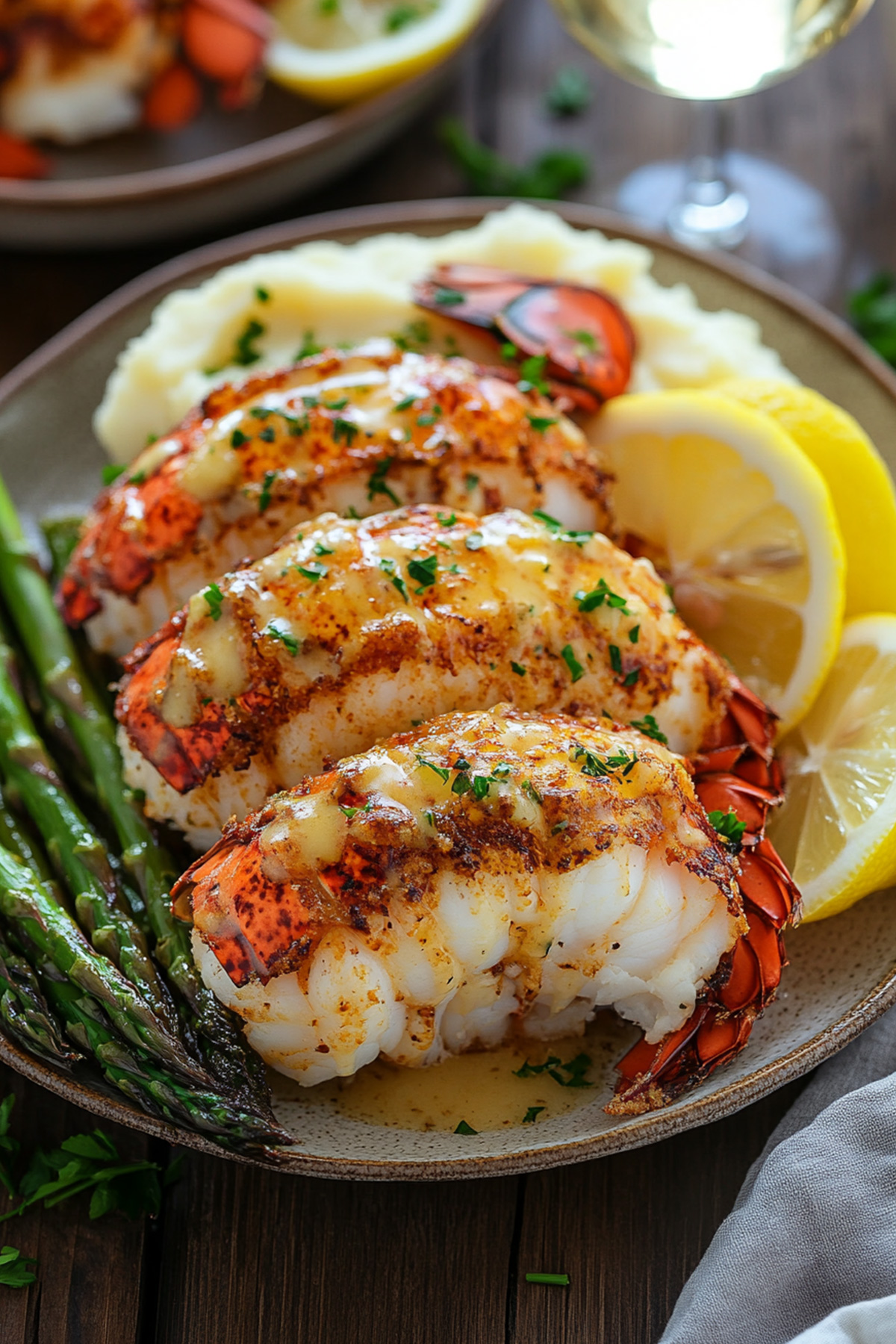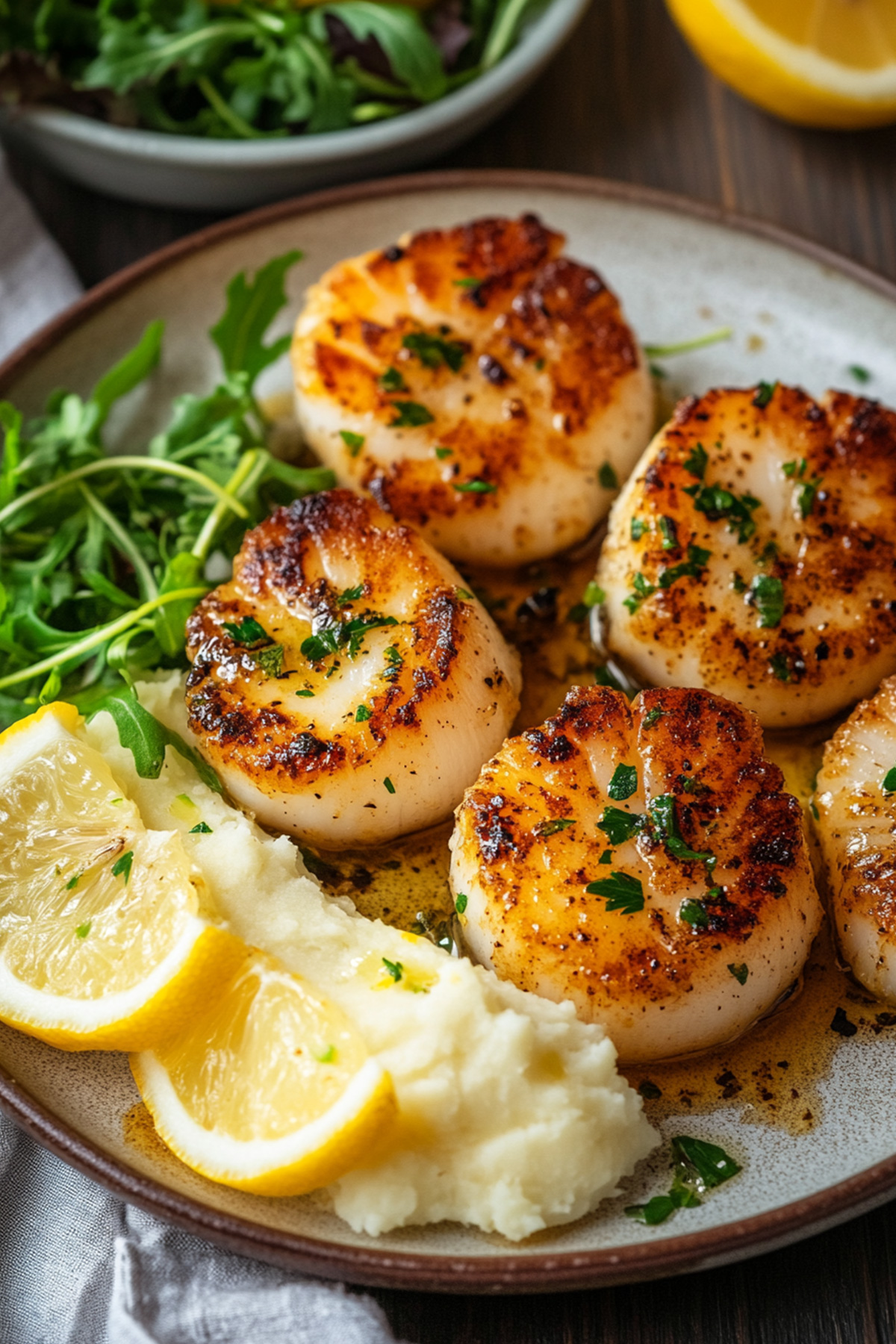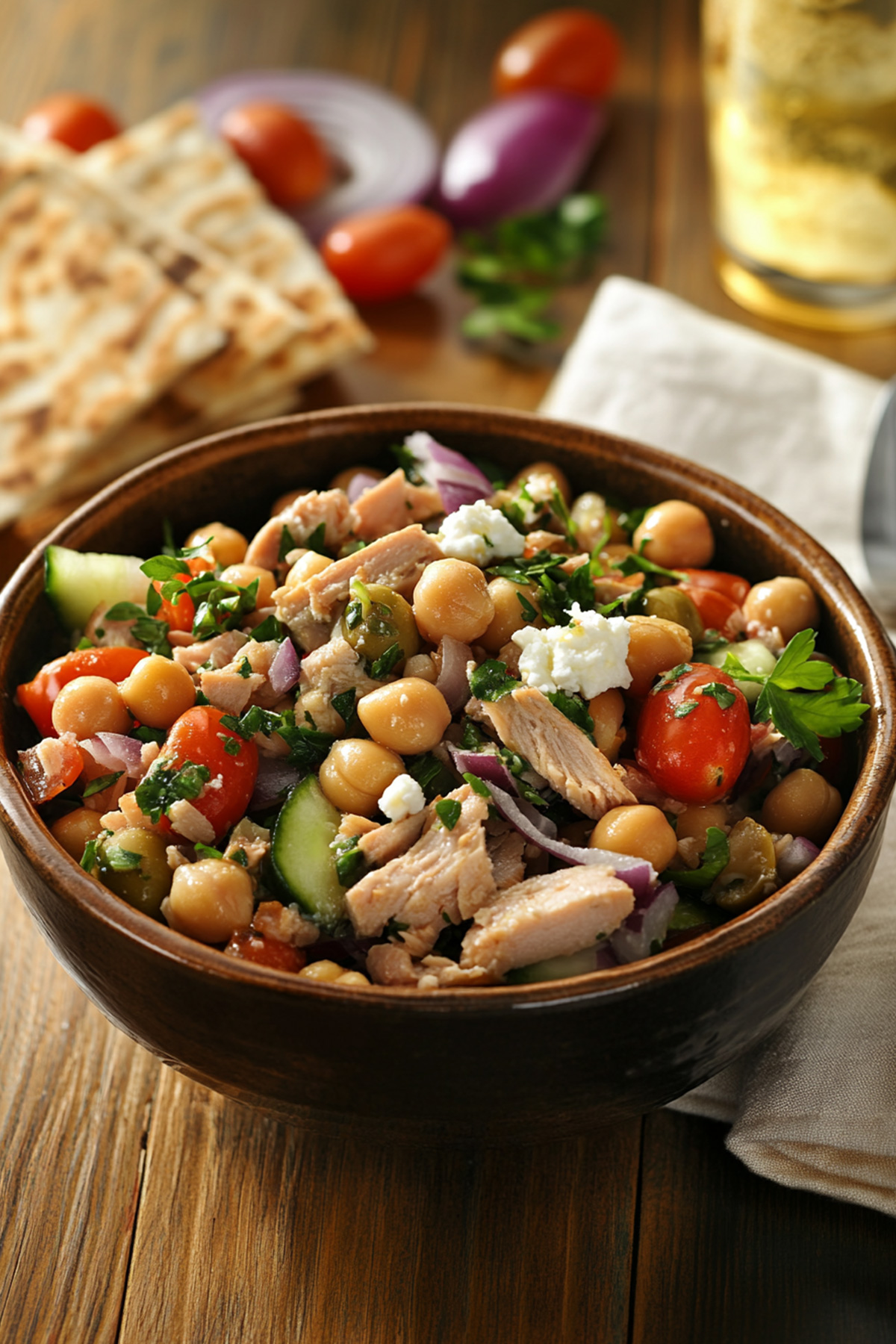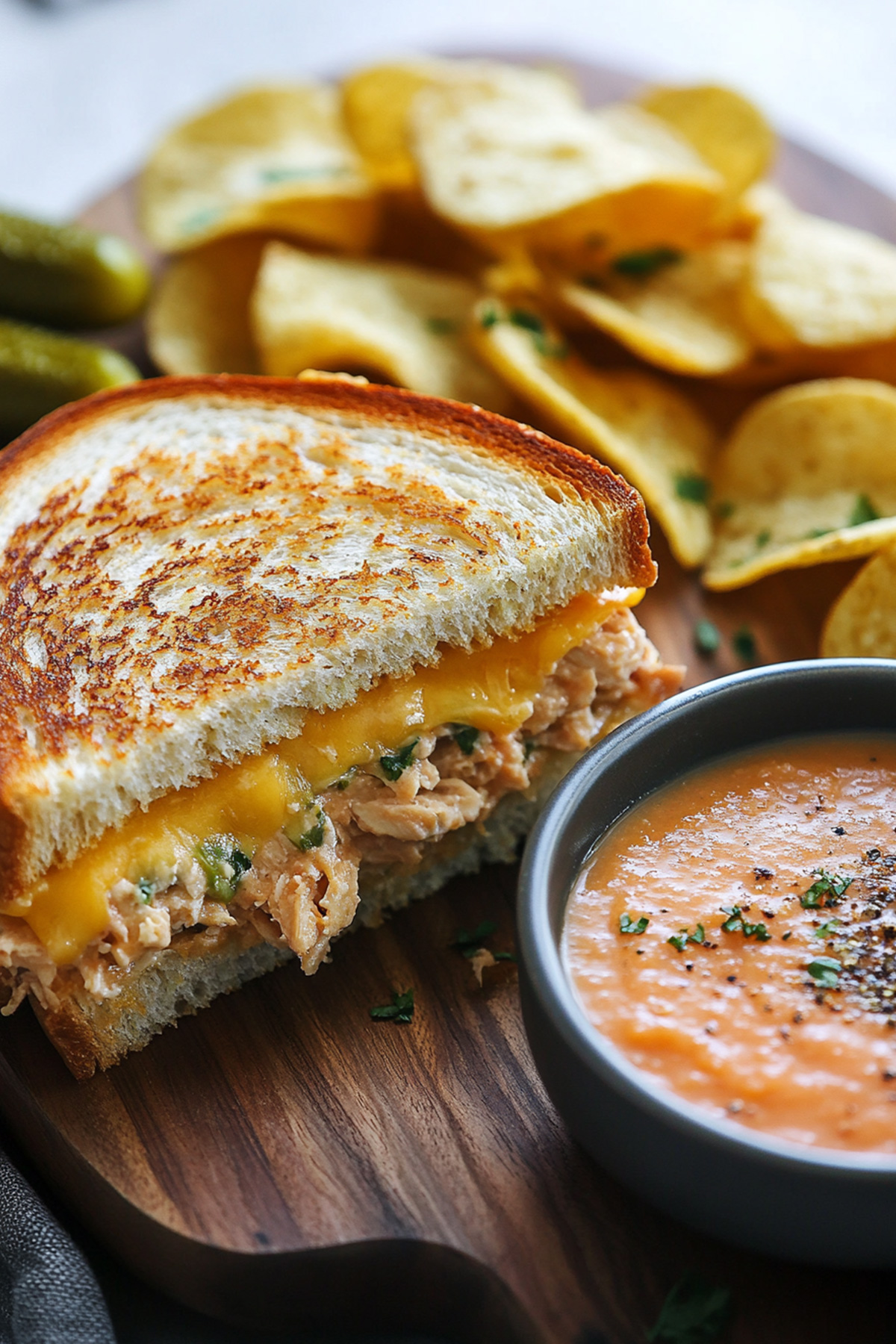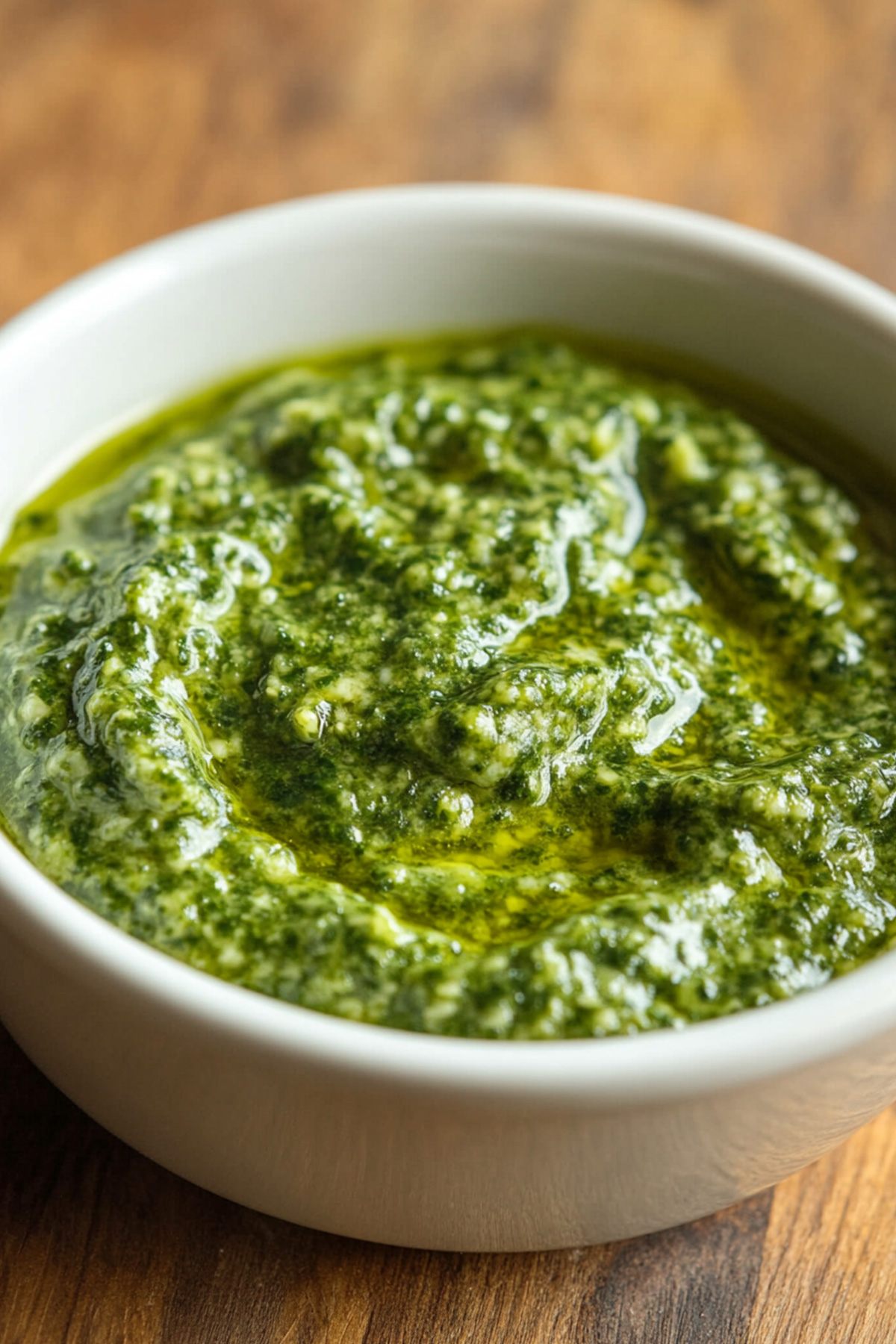Can you grill frozen fish? Absolutely! As summer heats up, the enticing aroma of grilled dishes fills backyards everywhere. You might be surprised to learn that one of the most delicious and convenient options could be hiding in your freezer—frozen fish! Many home cooks hesitate to grill it, worried about subpar results or uneven cooking. However, this guide will reveal how to transform those icy fillets into a delectable feast. Picture perfectly charred salmon or succulent swordfish steaks gracing your dinner table with minimal effort—sounds appealing, doesn’t it?
In this comprehensive guide to grilling frozen fish, we’ll cover everything you need: from selecting the ideal types of fish for grilling to mastering techniques that guarantee flavorful bites every time. Say goodbye to overnight thawing; our expert tips and tricks will show you how grilling frozen fish can unlock new culinary adventures while saving valuable time on busy weeknights. Prepare to wow yourself and your guests as we delve into the delightful realm of grilling frozen fish!
Table of Contents
Introduction
Grilling frozen fish is a common question among home cooks and outdoor enthusiasts. Many people wonder if it’s possible to achieve delicious results without thawing their fish first. The good news is that you can indeed grill frozen fish! This method not only simplifies meal preparation but also allows for more spontaneity in cooking, making it an appealing option for those with busy lifestyles.
The convenience of grilling frozen fish cannot be overstated. It eliminates the need for planning ahead, which is particularly beneficial when you’re short on time or have unexpected guests. Additionally, grilling from frozen reduces the risk of food waste since you can cook only what you need without worrying about thawing excess portions that may spoil. This approach also ensures that your fish retains its natural moisture and flavor, leading to a satisfying dining experience.
Moreover, many people are unaware of the nutritional benefits associated with cooking fish directly from the freezer. Frozen fish is often flash-frozen shortly after being caught, preserving its nutrients effectively. By grilling it straight from the freezer, you maintain those health benefits while enjoying a quick and easy meal packed with protein and omega-3 fatty acids.
Can You Grill Frozen Fish? Yes, You can
Grilling from frozen is feasible due to the unique properties of fish. When cooked directly from the freezer, the outer layer heats up quickly while keeping the inside moist and tender. This method helps prevent overcooking—a common issue when grilling thawed fish—resulting in perfectly flaky fillets every time. With proper techniques such as adjusting cooking times and temperatures, you can achieve a beautifully grilled piece of fish that rivals any restaurant dish.
One significant advantage of grilling frozen fish is its ability to develop a delightful crust on the outside while locking in moisture within. The high heat of the grill creates a sear that enhances flavors without drying out the flesh. For best results, it’s advisable to use thicker cuts of fish like salmon or swordfish, as they hold up well during cooking and provide an enjoyable texture even when grilled from frozen.
Additionally, grilling frozen fish allows for versatility in seasoning and marinades. You can apply spices or sauces right before placing it on the grill; just keep in mind that some marinades may require longer marination times when using frozen products. Overall, embracing this technique not only saves time but also opens up new culinary possibilities for preparing healthy meals with minimal effort.
Preparing Your Frozen Fish for Grilling
When it comes to grilling frozen fish, the first step is selecting the right type. Opt for high-quality, flash-frozen fish that has been properly packaged to prevent freezer burn. Popular choices include salmon, tuna, and halibut due to their thickness and ability to retain moisture during cooking. Look for fish fillets or steaks that are uniform in size, as this ensures even cooking. Avoid any fish with ice crystals or signs of freezer burn, as these can affect both flavor and texture.
In addition to choosing the right fish, having the necessary tools and equipment is crucial for successful grilling. A sturdy grill—whether gas or charcoal—is essential for achieving optimal heat levels. You’ll also need a good pair of tongs for flipping the fish without damaging it. A fish spatula can be particularly useful as it provides better support while handling delicate fillets. Additionally, consider using a grill basket or aluminum foil to contain smaller pieces of fish and prevent them from falling through the grates. Finally, having a reliable meat thermometer on hand will help you ensure that your fish reaches the ideal internal temperature without overcooking.
Best Grilling Techniques for Frozen Fish
When grilling frozen fish, two primary methods can be employed: direct heat and indirect heat. Direct heat involves placing the fish directly over the flames or heating element, which is effective for thicker cuts like salmon or swordfish that can withstand high temperatures without drying out. For thinner fillets or more delicate varieties like tilapia, indirect heat is recommended; this method allows you to cook at lower temperatures by placing the fish away from direct flames while still benefiting from radiant heat.
Cooking times and temperature guidelines are essential when grilling frozen fish successfully. Generally, it’s advisable to set your grill to medium-high heat (around 375°F to 400°F). For thicker cuts of frozen fish, plan on approximately 10-12 minutes per inch of thickness; flip halfway through cooking time for even results. Using a meat thermometer is key—aim for an internal temperature of 145°F when fully cooked. If you’re using indirect heat, extend cooking times slightly but keep monitoring closely to avoid overcooking while ensuring a perfectly grilled finish. [source]
By employing these techniques and understanding how best to prepare your frozen fish before grilling, you’ll set yourself up for culinary success every time you fire up the grill!
Flavoring Your Grilled Frozen Fish
Flavoring your grilled frozen fish can be both simple and rewarding. Since the fish is cooked directly from frozen, it’s best to keep seasonings straightforward yet effective. A basic blend of salt, pepper, and olive oil can enhance the natural flavors without overwhelming them. Fresh herbs like dill, parsley, or cilantro also complement many types of fish beautifully. For a touch of acidity, a squeeze of lemon juice just before serving can brighten up the dish and balance richer flavors.
For those looking to add more depth to their grilled fish, quick marinades are an excellent option that doesn’t require thawing. Consider a mixture of soy sauce, garlic powder, and ginger for an Asian-inspired flavor profile; this will infuse the fish with savory notes as it cooks. Alternatively, a simple marinade made from olive oil, balsamic vinegar, and Italian herbs can provide Mediterranean flair. Just brush the marinade onto the frozen fillets before grilling—this allows for some flavor absorption during cooking while keeping the process efficient.
Read also: Amberjack Fish Grilled Recipe
Troubleshooting Common Issues
Grilling frozen fish may present some challenges that could affect your cooking experience and final results. One common issue is uneven cooking; since the exterior may cook faster than the interior defrosts, it’s essential to monitor your grill’s heat levels closely. If you find that your fish is browning too quickly on the outside while remaining undercooked inside, consider moving it to a cooler part of the grill or wrapping it in foil to allow for slower cooking without burning.
Another potential challenge is sticking to the grill grates. This often occurs when grilling delicate fish or if there isn’t enough oil used in preparation. To combat this issue, ensure that your grill is preheated properly and well-oiled before placing any fish on it. Using a grill basket can also help prevent sticking by providing a non-stick surface while allowing even heat distribution. Lastly, always have a meat thermometer handy; checking for doneness ensures you avoid overcooking or undercooking your meal—both crucial factors in achieving perfectly grilled frozen fish every time!
Conclusion
Grilling frozen fish is not only possible but also a convenient and delicious way to enjoy a healthy meal without the hassle of thawing. We’ve explored that with the right preparation, including selecting suitable types of fish and utilizing effective grilling techniques, you can achieve excellent results directly from your freezer. Simple flavoring options and quick marinades enhance the taste without complicating the process, making it accessible for both novice and experienced cooks alike.
As you embark on your grilling adventures, don’t hesitate to experiment with different seasonings, cooking methods, and types of fish. This versatile approach allows for creativity in the kitchen while ensuring you can enjoy fresh-tasting grilled fish at any time. So fire up your grill, embrace the convenience of cooking from frozen, and savor the delightful flavors that await!

